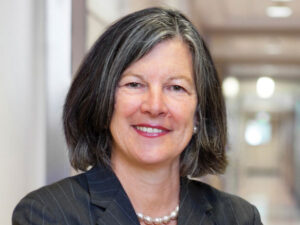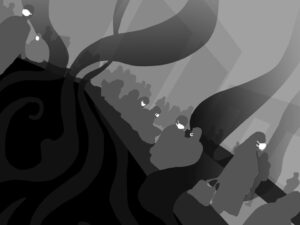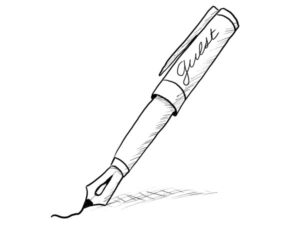As the only National Cancer Institute-designated Comprehensive Cancer Center in the Mountain West—a region that includes Utah, Idaho, Montana, Nevada, and Wyoming, covering 17% of the landmass of the continental United States—Huntsman Cancer Institute (HCI) at the University of Utah (U of U) has a longstanding focus on improving cancer research, prevention, and treatment strategies for our patients and communities.
Sharp declines in mortality rates for non-small cell lung cancer in recent years are driven primarily by advances in treatment, NCI researchers concluded in a study published Aug. 12 in the New England Journal of Medicine.
Budget increases in 2020 enabled NCI to boost funding for research project grants, pushing the payline up by two percentage points from last year's level.
Matthew Bin Han Ong, associate editor of The Cancer Letter, was named by the Poynter Institute and The Washington Post to the Leadership Academy for Diversity in Digital Media.
Gary Reedy announced that he will retire from his job as CEO of the American Cancer Society when his contract expires next April.
At The Cancer Letter, we watched with growing alarm as early warnings of the virulence of SARS-CoV-2 started pouring in from Wuhan, and later, from Lombardy.
For cancer epidemiologists, the COVID-19 pandemic is a natural experiment in the importance of screening, early detection, and diagnosis.
Like a laser, COVID-19 traced the shocking contours of inequality in America's health system—demonstrating that science and health equity have always been inseparable.
As a Latina, I feel deeply impacted when I see reports of hate crimes against ethnic and racial minorities in the news. The recent string of news reports highlighting police brutality and the victimization of black people has caused a great deal of pain in my heart, prompting me to reflect on my own experiences.
A reading list is a glimpse into the soul of a community. A reading list is also a reflection of a time. And a projection of visions of the future.













